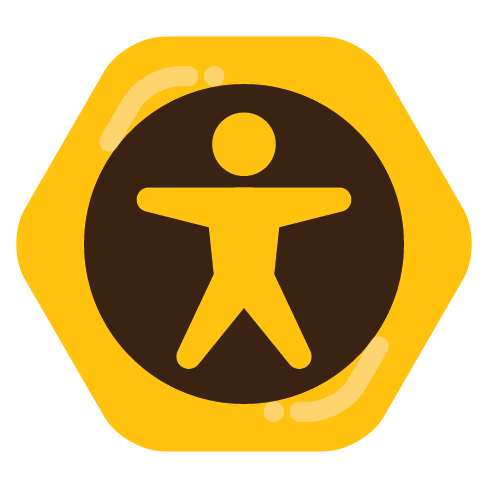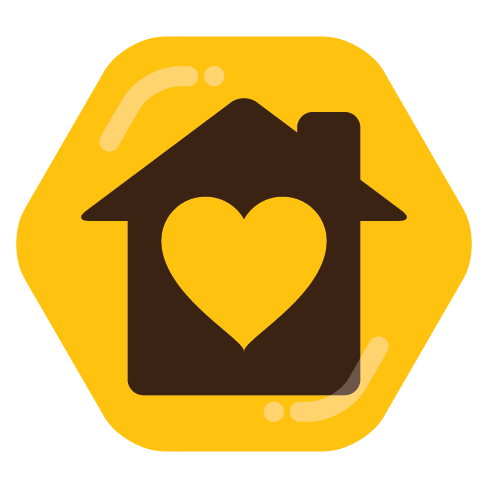Gaywallet (they/it)
I’m gay
- 223 Posts
- 811 Comments
Love watching this each year. Shout out to the kiddos for reclaiming slurs
real

 2·5 days ago
2·5 days agoThanks for sharing this! Interesting to see what people are looking for when they discover the rave scene.

 3·5 days ago
3·5 days agoI suppose to wrap up my whole message in one closing statement : people who deny systematic inequality are braindead and for whatever reason, they were on my mind while reading this article.
In my mind, this is the whole purpose of regulation. A strong governing body can put in restrictions to ensure people follow the relevant standards. Environmental protection agencies, for example, help ensure that people who understand waste are involved in corporate production processes. Regulation around AI implementation and transparency could enforce that people think about these or that it at the very least goes through a proper review process. Think international review boards for academic studies, but applied to the implementation or design of AI.
I’ll be curious what they find out about removing these biases, how do we even define a racist-less model? We have nothing to compare it to
AI ethics is a field which very much exists- there are plenty of ways to measure and define how racist or biased a model is. The comparison groups are typically other demographics… such as in this article, where they compare AAE to standard English.

 14·5 days ago
14·5 days agoWhile it may be obvious to you, most people don’t have the data literacy to understand this, let alone use this information to decide where it can/should be implemented and how to counteract the baked in bias. Unfortunately, as is mentioned in the article, people believe the problem is going away when it is not.
Been sick for 13 days, went in to urgent care yesterday because it had progressed to a sore throat in the last few days and turns out it’s strep. Glad I’m on antibiotics and hoping to feel better soon.

 33·8 days ago
33·8 days agoJust because there’s no ethical consumption under capitalism doesn’t mean that we have zero control over what we consume. It’s perfectly fine to hold a viewpoint of trying to minimize harm where you can and when you’re aware of it. Where you draw your lines doesn’t have to be perfect either (after all, we’re human).

 8·8 days ago
8·8 days agoMy understanding of the word comes from how I’ve seen it used in American culture. I’m not enough of an etymologist or a sociologist to accurately claim where the term itself was first created or how prevalent its various uses are and will gladly defer to others with more expertise. Thank you for sharing the wiki article for those who are unaware of genders outside the binary in different cultures 💜

 12·8 days ago
12·8 days agospoiler
ladyboy and shemale
are both older derogative terms for trans women

 26·8 days ago
26·8 days agowow what a thoughtful reply thank you, you really read that article and brought a lot of good points to the table for us to discuss

 4·8 days ago
4·8 days agoAbsolutely a possibility. Depends on how often people are using VPNs, whether there’s a distinct difference between political ideology and VPN usage, and the average distance to a VPN exit point. I think it’s fairly safe to assume a similar distribution of VPN usage across political bounds and generally speaking geographically distributed fairly evenly, with perhaps major cities and higher educated areas using VPNs slightly more often but with the exit point also being closer to the true point of access.

 23·8 days ago
23·8 days agoTo be fair, they also do the same with… well everyone. They like a strict hierarchy with straight white married christian cis men at the top.

 18·8 days ago
18·8 days agoJust want to acknowledge the the writing and title choice in the article itself are annoyingly smug, but the data analysis itself I found interesting.

 2·8 days ago
2·8 days agoand it took a lot of effort to do so, as he managed to shoot more than one other person

 1·9 days ago
1·9 days agoLocking this post down because comments have gotten heated

 8·9 days ago
8·9 days agoI do want to point out that social media use may be one of the first of these ‘evils’ to meet actual statistical significance on a large scale. I’ve seen meta-analyses which show an overall positive association with negative outcomes, as well as criticisms and no correlation found, but the sum of those (a meta-analyses of meta-analyses) shows a small positive association with “loneliness, self-esteem, life satisfaction, or self-reported depression, and somewhat stronger links to a thin body ideal and higher social capital.”
I do think this is generally a public health reflection though, in the same way that TV and video games can be public health problems - moderation and healthy interaction/use of course being the important part here. If you spend all day playing video games, your physical health might suffer, but it can be offset by playing games which keep you active or can be offset by doing physical activity. I believe the same can be true of social media, but is a much more complex subject. Managing mental health is a combination of many factors - for some it may simply be about framing how they interact with the platform. For others it may be about limiting screen time. Some individuals may find spending more time with friends off the platform to be enriching.
It’s a complicated subject, as all of the other ‘evils’ have always been, but it is an interesting one because it is one of the first I’ve personally seen where even kids are self-recognizing the harm social media has brought to them. Not only did they invent slang to create social pressures against being constantly online, but they have also started to self-organize and interact with government and local authority (school boards, etc.) to tackle the problem. This kind of self-awareness combined with action being taken at such a young age on this kind of scale is unique to social media - the kids who were watching a bunch of TV and playing video games didn’t start organizing about the harms of it, the harms were a narrative created solely by concerned parents.

 9·10 days ago
9·10 days agoprobably not, in the same way that your grandma calls a video chat a facetime or your representative might call the internet a series of tubes
AI is the default word for any kind of machine magic now
Moderates






















It is specifically targeted at folks who are not purely a binary gender (arguably by definition not cis, but I’m not going to enforce labels on anyone). Their preface/definition can be found below:
Who can take part?
The gender binary is a societal model that classifies all humans into one of two categories:
If you feel like that doesn’t fit your experience of yourself and your own gender in some way, you are invited to participate. This includes, but is definitely not limited to:
We also welcome anyone who:
It’s completely up to you whether you feel you fit any of these. This survey leans on the side of inclusive.